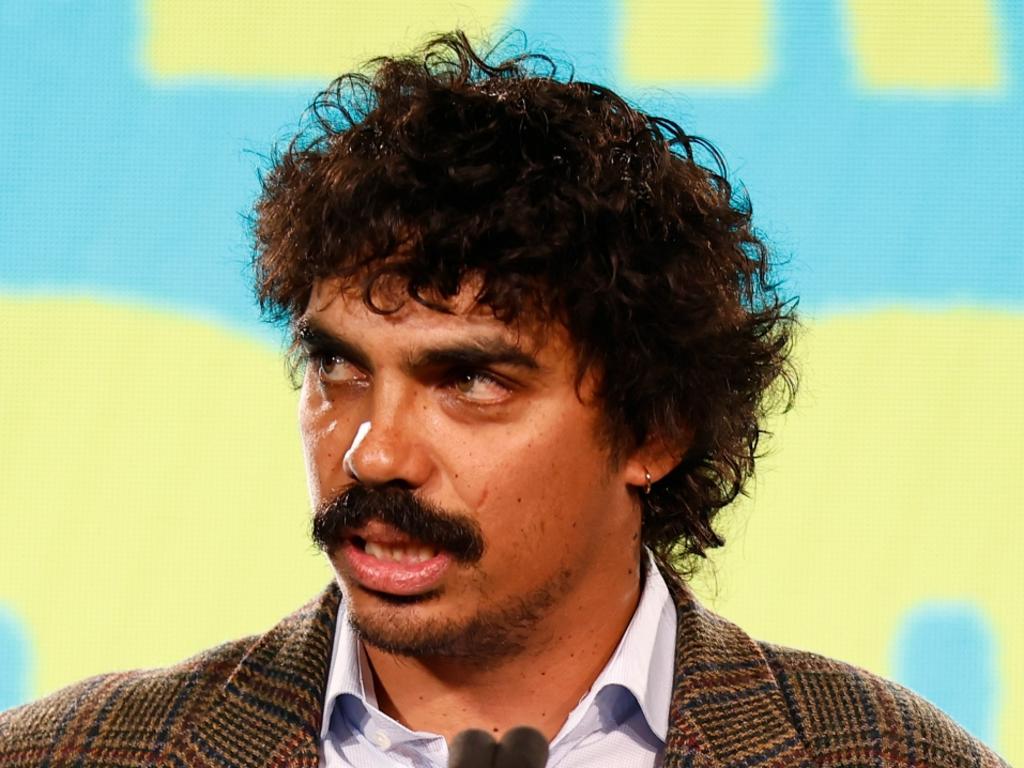Objectivity vital to the real story


Everyone has an opinion. They’re free, and espousing them is one of the great benefits of living in a democracy. They are also the price that journalists pay for doing their jobs.
So that a group of journalists feels the need to urge Australian media outlets “to support ethical reporting on Israel and Palestine” suggests a worrying redirection from the long-held understanding of what our beloved job entails.
Ethical reporting is what we should be striving for every day, as well as being “clear-eyed” in our coverage.
That can be tricky when you’re dealing with a democratically elected government on the one hand and a proscribed terrorist organisation on the other, but it’s all part of the objective balancing act our job entails.
Even trickier is urging newsrooms to “adhere to truth over ‘both-siderism’ ” (it used to be known as balanced reporting) when our jobs are, indeed, to present both sides.
Truth is also subjective. Opinion pieces aside, we present facts. You make up your own mind.
That dozens of journalists would add their names to a document wanting newsrooms to “provide historical context when referencing the October 7 Hamas attacks on Israel” undermines the very impartiality we are all fighting to preserve in a world already seduced by too many assertions of “fake news”.
To then declare that “the conflict did not start on October 7” and that “it is the media’s responsibility to ensure audiences are fully informed” before providing a detailed list of some “important contextual references”, sounds dangerously closer to the words that might be espoused by an activist than the outsiders we strive to be.
We are the observers who witness and report back to you, as impartially as we can, and backed by an important code of ethics.
For a long time, in a less technologically reliant world, we were your only eyes on wars and any number of distant events, and relaying what we saw, as even-handedly as we could, was vitally important to readers and to our profession.
The world changes.
Today you can watch wars from your laptop, and social media enables almost anyone to get their opinion out to the world.

One thing we should safeguard, however, is the role of the journalist. Having a ringside seat to the world’s biggest events, good and bad, is a privilege, and it comes with costs.
As reporters and recorders of events, not only do our opinions not matter (and yes, I realise the irony of writing this in an opinion piece) but they need to remain closeted. It’s an accepted reality heeded so seriously that some senior journalists have never joined a strata committee, let alone a political party, lest they have to write about it.
There is a vast ocean between active debate and activism. Journalists have long been anchored to the shore of the former, even when we’ve sometimes secretly yearned to swim across to the other side. Staying there is a necessary part of what we do, because objectivity is vital.





It’s a reasonably long letter, running to more than 800 words. It has been endorsed by the national media section of my union, and it has been generated by an industry that prides itself on being balanced. Not once, however, does it mention “hostages”.